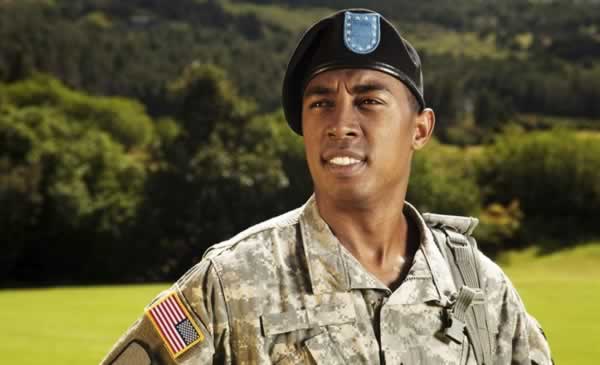When employers hire new employees, they like to see soft skills—also known as “career competencies”—on your resume. Many college graduates haven’t developed them fully by the time they graduate from college. If you’re a veteran, your military service likely taught you these skills, even if you don’t realize it.
Here are 7 skills you likely gained in the military that will translate well in the civilian trade world of employment:
Punctuality. Showing up on time sounds pretty basic, but not everyone understands what an important attribute it is. As a military service member, you have this skill down pat. Don’t underestimate it.
Teamwork. If your workplace requires being able to work together, your employer wants to know that you have the ability to work well with other employees. Good teamwork skills include being able to collaborate, negotiate, and see the value everyone brings to the table. In the military, you and your fellow servicemembers worked together all the time. You already know what good teamwork is.
Problem-solving. Problem-solving and its close cousin, critical thinking, rely on you to be able to analyze an issue and make a decision. Employers value your ability to handle problem-solving, and the trades require it on a daily basis. If you’re a good problem-solver, that skill will certainly help you in the trades.
Effective communication. Communicating effectively means understanding and skillfully navigating a diverse group of people with different opinions, approaches, and sensitivities. In the military, you learned to work with all kinds of people and communicate respectfully with them—and those communication skills will serve you well when you’re working in the skilled trades. Keep in mind, the civilian world isn’t the military, and it’s possible you might need to soften your approach.
Adaptability. In the military, you, no doubt, were subject to changing plans. Being able to flex on the fly and adapt to a new situation—the power grid going out, for example—makes you more valuable than you realize. With rapidly changing technology, the trades benefit from someone who has already learned how to adapt to new situations.
Technology skills. Did you work with military technology? If you worked with technology, software, or analytics systems, those skills could transfer well to the trades world. Electrical systems and HVAC systems, for example, rely on new computer technology.
Ability to work under pressure. In the military, you likely handled high-pressure situations, so the civilian world might feel totally chill by comparison. Your ability to meet deadlines and work in rough conditions, like an overheated house during an AC outage, gives you an advantage. If you can lead a team in a deadline-driven situation, you’ll be an asset to the team.
Transitioning from the military into a skilled trades program can be a great use of the talents you’ve already developed and can be the first step toward a rewarding civilian career. To learn more and to find the program offerings nearest to you, visit our Skilled Trades program page or give us a call at 855-436-7847.


